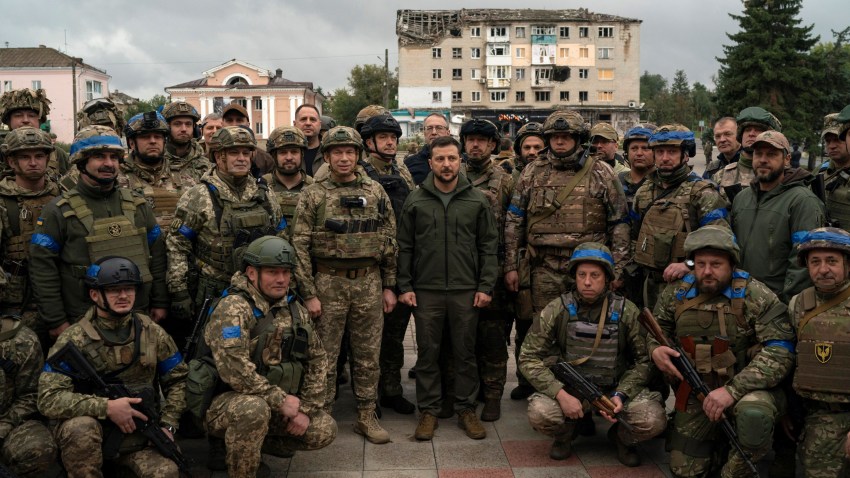When books are written and movies made about moments of extraordinary historical change, the narratives that take shape focus on acts of heroism that come to define how a society views itself. Whether it is George Washington crossing the Delaware in 1776 or Volodymyr Zelenskyy deciding to stay in Kyiv in 2022, the willingness of leaders to take a courageous stand in the face of threats to the liberty of their people can swiftly become part of a shared story of resistance that fosters a sense of national unity. Such depictions of bravery in the face of tyranny often also focus on acts of resistance in times of peace by people who never imagined they would have to face such challenges.
Yet in societies as complex as the United States in the 18th century or Ukraine in the 21st, not every citizen whose support a democracy needs to survive is a hero. For all the true believers in the cause of liberty or patriots willing to die for their country, there will also be quite a few people whose commitment to a cause—or moral compass—is shaky. However much those who feel a clear sense of purpose provide the foundations for a war of resistance, if a state is unable to find ways of securing the loyalty of those who may be more ambivalent, it will struggle to survive.
The strategic challenge a democratic state faces in sustaining the support of those with a weak sense of solidarity could be described as a “Herr Karl Dilemma,” after a one-act play—“Der Herr Karl”—first performed in 1961 on ORF, Austria’s public broadcaster. The play consists of a long monologue by a corrupt warehouse worker named Herr Karl, brilliantly portrayed by the comedian Helmut Qualtinger, who tries to justify his unpleasant life choices to a younger colleague. In the process, it brilliantly portrays the mindset of an amoral opportunist willing to switch sides and collaborate with each new set of rulers a society faces.

